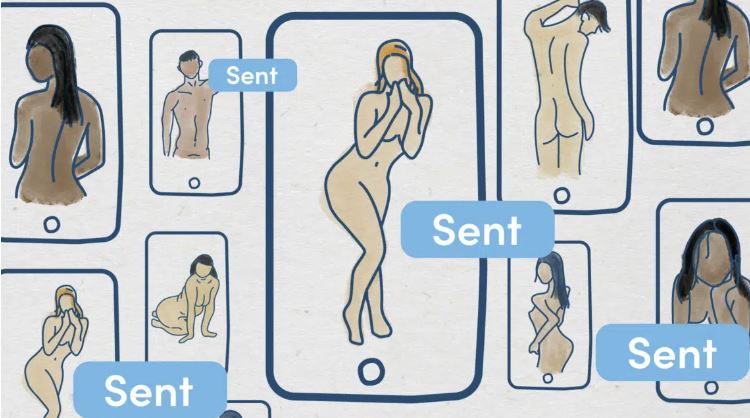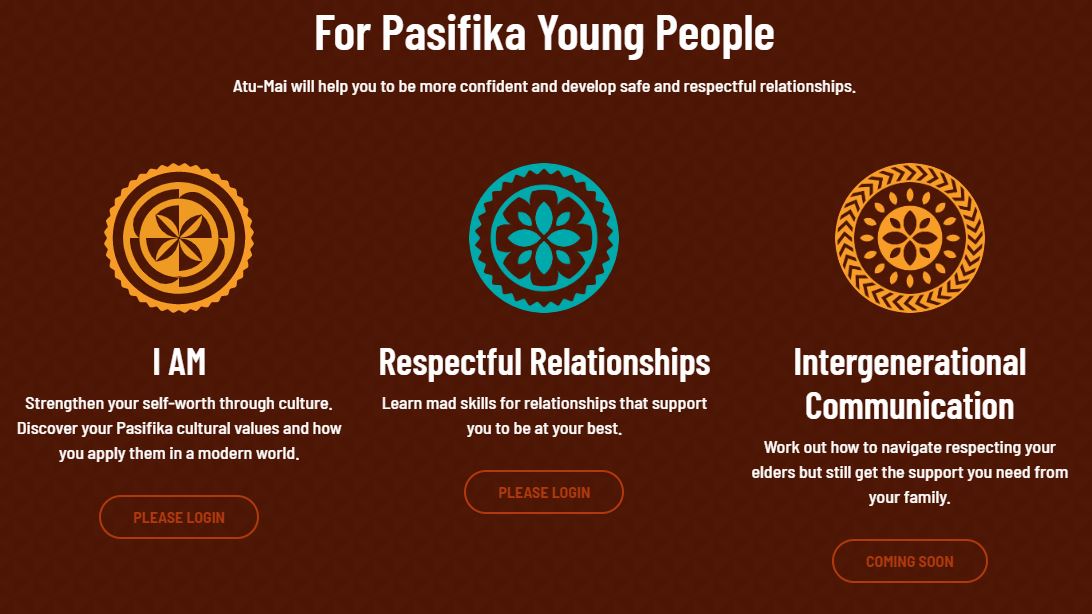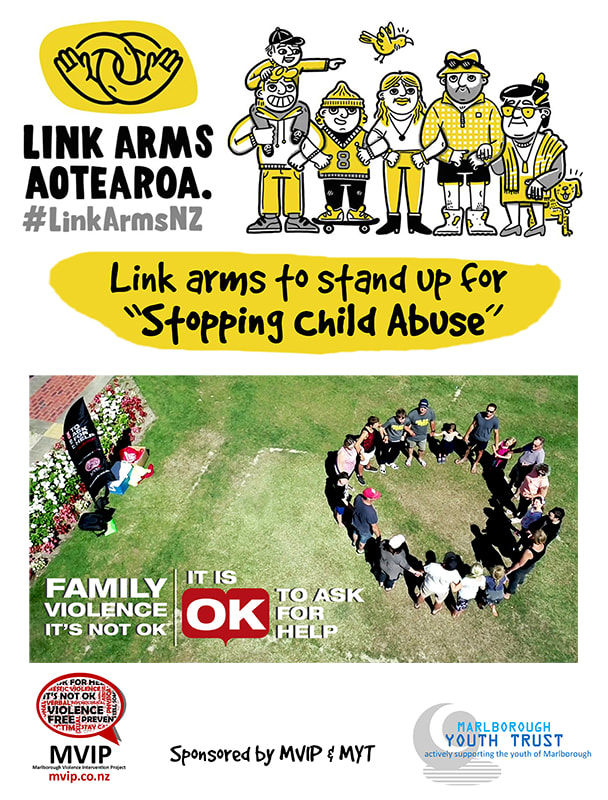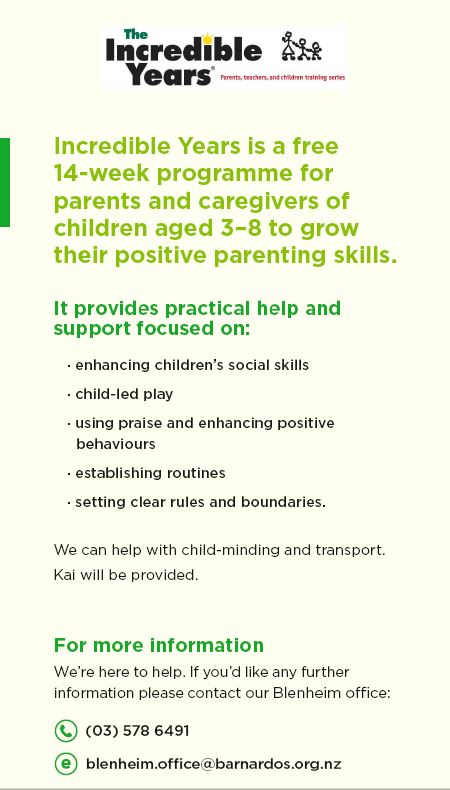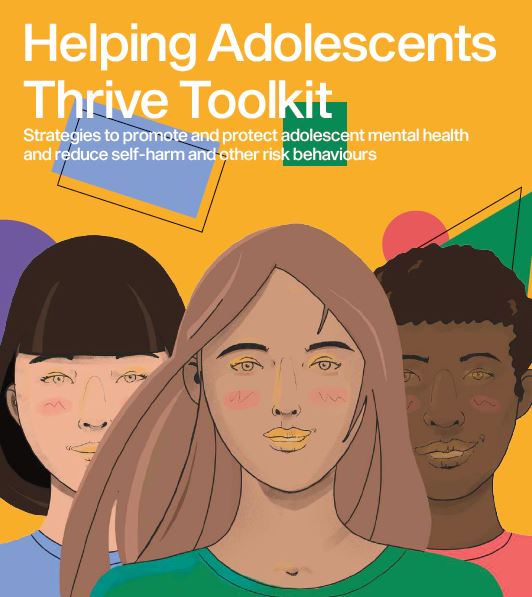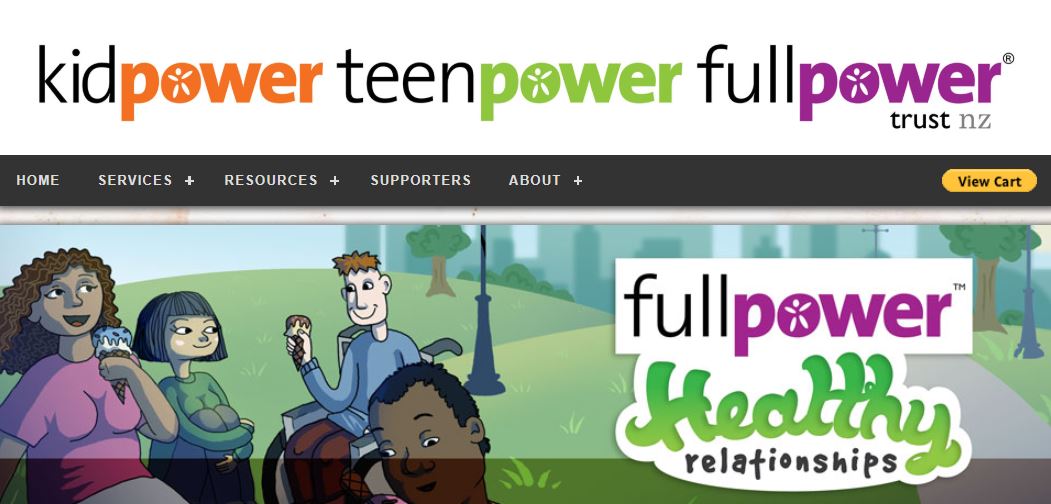-
Teens & Children
-
Parents
-
Resources
<
>
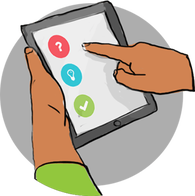
Aunty Dee - a Problem Shared is a Problem Halved.
Aunty Dee is a free online tool for anyone who needs some help working through a problem or problems. It doesn’t matter what the problem is, you can use Aunty Dee to help you work it through. Quite simply, Aunty Dee will guide you to:
Visit the Website HERE for more resources and information. Think Before You NudeBEFORE YOU HIT ‘SEND’:
If you’re thinking about sending nudes to someone here are a few things that might be worth thinking about before you hit ‘send’: Was it your idea? It’s not okay to be pressured to send nudes. Instead choose a way to express yourself that won’t put you at risk of major overexposure. Where could it end up? As soon as you send an image it becomes more difficult to control where it ends up. These days it’s easy for people to share and spread images online. Remember – someone sharing nude images of you without your consent is never your fault, but it’s important to think about the risks before you send. https://netsafe.org.nz/thebarefacts/ New Atu-Mai e-learning module on respectful relationships for Pasifika young people
Atu-Mai is a five year national programme focused on strengthening Pasifika communities by developing confident and resilient Pasifika young people. The programme is designed to equip Pasifika young people and their families with the knowledge and tools to live violence-free. ACC partnered with and funded Le Va to develop and implement the programme.
"I Am" is the first module of Le Va's violence prevention programme Atu-Mai, it was released when the Atu-Mai programme was launched in 2018. This module focuses on strengthening self-worth through culture. This includes exploring Pasifika cultural values and applying them in a modern world. Le Va has recently launched a new e-learning module on respectful relationships for Pasifika young people. The first part focuses on Respectful Partner Relationships. It covers healthy partner relationships, unhealthy and abusive partner relationships and relationship tools. It involves a number of brief videos along with a quiz to test your knowledge. The other parts of this module are still being developed. They cover relationships and culture, consent and being a 'upstander.' The third module, Intergenerational Communication, will focus on how to navigate respecting elders and getting support from family. This module is still being developed. To access the online learning modules, you need to create a profile and log in. It is free to create a profile and to complete the modules. For more information about the Atu-Mai programme see Le Va's work on violence prevention. Also see our previous story National violence prevention programme for Pasifika young people launched. Break free! : a practical handbook for migrant and refugee youth breaking free from family violence
Summary: This handbook is for young people in Aotearoa New Zealand from Asian, African and Middle Eastern backgrounds who are experiencing family violence. It is a practical guide to support these young people to live life free from violence and fear and includes stories shared by young women who have survived violence. It includes information on: family violence, legal support, health care, housing, immigration, financial tips and employment. (From the back cover). Follow the link for more information. The book can borrowed or follow the link to purchase your own copy to keep. https://library.nzfvc.org.nz/cgi-bin/koha/opac-detail.pl?biblionumber=5665 |

The Light Project
Resources and Help on the subject of youth and porn There’s so much different information about porn and young people on the internet now and if you’re looking for some helpful facts, typing porn into your search bar may not take you to where you intended…So, the Light Project have reviewed the most recent international data using academic research articles and put the findings into two user-friendly facts resources for adults (Porn 101) and young people (Porn: the facts). They’ve also created a reference list of key research relating to porn exposure and use amongst young people and the potential impacts of porn on their attitudes, beliefs, behaviours and mental health. What we Know about NZ Youth and Porn Report LINKS TO OTHER AGENCIES
INFORMATION FOR CHILDREN/TEENS
Where to get HelpIf it is an emergency and you feel like you or someone else is at risk, call 111
| ||||||||||||||||||||||||||||||
|
Building a secure parenting base after separation
Online Resource - 22 page booklet View or Download HERE READING FOR RESILIENCE - BOOK LIST
Together with the Marlborough Libraries the Dingle Foundation has come up with a great list of books on Resilience! Clicking the heading will link you to them. Pamphlet about KIDshine, how kids are affected by exposure to domestic abuse and how to best support them.
Shine Safer Homes Booklet Comprehensive and practical information for victims of domestic abuse in this 40 page booklet, including dynamics of abuse, legal information, safety programmes and much more. Netsafe Online Resources Netsafe’s collection of online safety resources to help you and others stay safe online. Our resources are free and available to all New Zealanders. Chief censor set to reveal all about Kiwi teens' harmful porn habits
Ruby Macandrew, Andre Chumko and Phillipa Yalden - Dec 02 2018 Pornography is shaping children's attitudes towards sex and leading to increased child on child assault, research reveals. This week, the Chief Censor is set to release NZ Youth and Porn, a study of 2000 teenagers identifying how and why young New Zealanders are viewing pornography. It comes as another NZ study reports teachers are finding 13-year-olds had been exposed to porn; and anecdotal evidence from school nurses that teenagers were increasingly suffering sexual-related injuries as a result of porn. A report by The Light Project found porn was shaping young people's sexual beliefs, attitudes and behaviours and creating potentially harmful sexual and mental health outcomes among Kiwi youth. What is Digital Abuse?
Signs to Watch For and How to Get Help AUGUST 23, 2018 | BY JOYFUL HEART FOUNDATION | SOURCE In the age of smartphones and smart homes, using technology to harass and abuse has become increasingly common. Digital abuse, or the use of technology to harass or intimidate someone, can take many forms. It can occur at any stage of a relationship and to people of all ages, though it is especially common among teens and young adults who use technology more often. It can also occur outside of intimate partner relationships, such as experiencing harassment from someone on a dating website. Digital abuse can also accompany other forms of domestic violence; 96% of teenagers who experienced digital abuse also faced psychological, physical, or sexual abuse from their partners. Like other types of abuse, digital abuse is about control. Signs of digital abuse may include:
There are also steps you can take to keep yourself safe online. Most social networks allow you to adjust your privacy settings to determine who has access to your profiles. Remember that abusers might save and share anything you post online. Also, be mindful of whether your loved ones may be experiencing digital abuse; always ask before posting a photo of someone online or tagging their location on social media. |
Incredible Years offers parents and caregivers the chance to
https://barnardos.org.nz/services/incredible-years
| ||||||||||||||||||
| |||||||
|
A Message from the Children's Team.
Recently you would have received information from Strengthening Families in relation to the Marlborough Children’ s Team. Here is some additional information to assist you, when considering a referral. When considering a referral please think about whether the child/family:
It is appropriate to make direct referrals to Child, Youth and Family and/or Police, where there is risk of harm to the child which requires immediate steps to create safety; where there may be a need for Police to be involved in an investigation alongside Child Youth and Family; where there are situations of chronic or serious neglect, emotional or physical abuse that are already having a serious damaging effect on the child; where there are parents/caregivers who have already had a child or young person removed from their care (in these instances these should be assessed by CYF before any referral is made to the Children’s Team if appropriate). Below is a referral form for download. Please note that we encourage you to ring our office and talk to our team about a possible referral. We are also more than willing to come out and meet with you or the family to talk about the Children’s Team approach, and work through the referral form. When the referrer (or in some instances our staff) meets with the family seeking their consent to participate in the Children’s Team approach (including the sharing of agency information), at that stage the referrer will provide the family with the ‘Who We Are’ About Your Privacy in the Children’s Team, and Making a Complaint information. If you have any queries at all, please ring us at our office on (03) 5791072. Dr Lorraine Eade (Ngati Rarua, Ngati Toarangatira) Director| Marlborough Children’s Team – Nga Pukenga Tamariki 1/57 Seymour Street, Blenheim 7201| PO Box 682, Blenheim 7240 T: 64 3 984 7640 E:lorraine.eade@childrensactionplan.govt.nz M: 029 2012 441 |
| ||||||||||||||||||||||||



